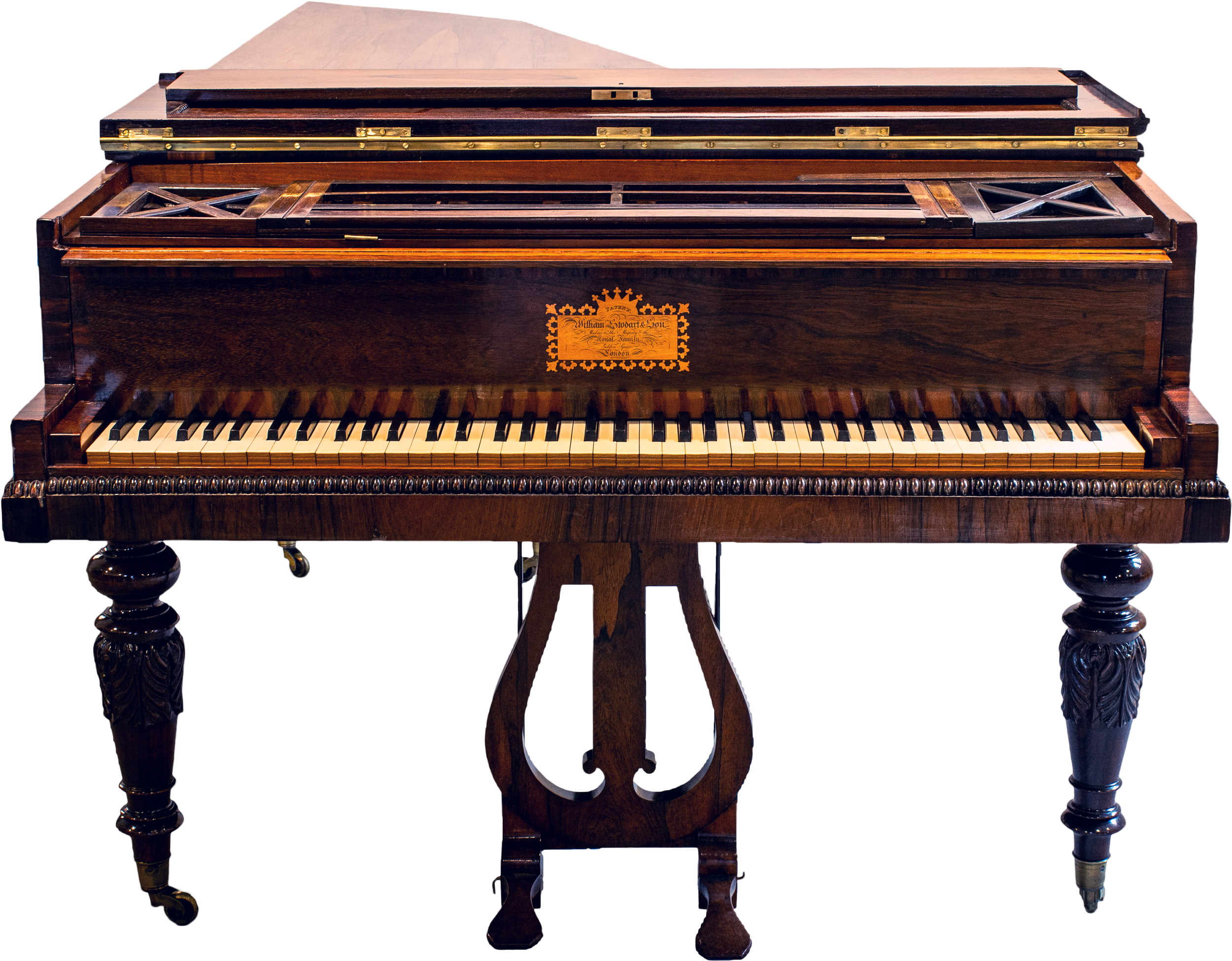Upcoming concerts and events
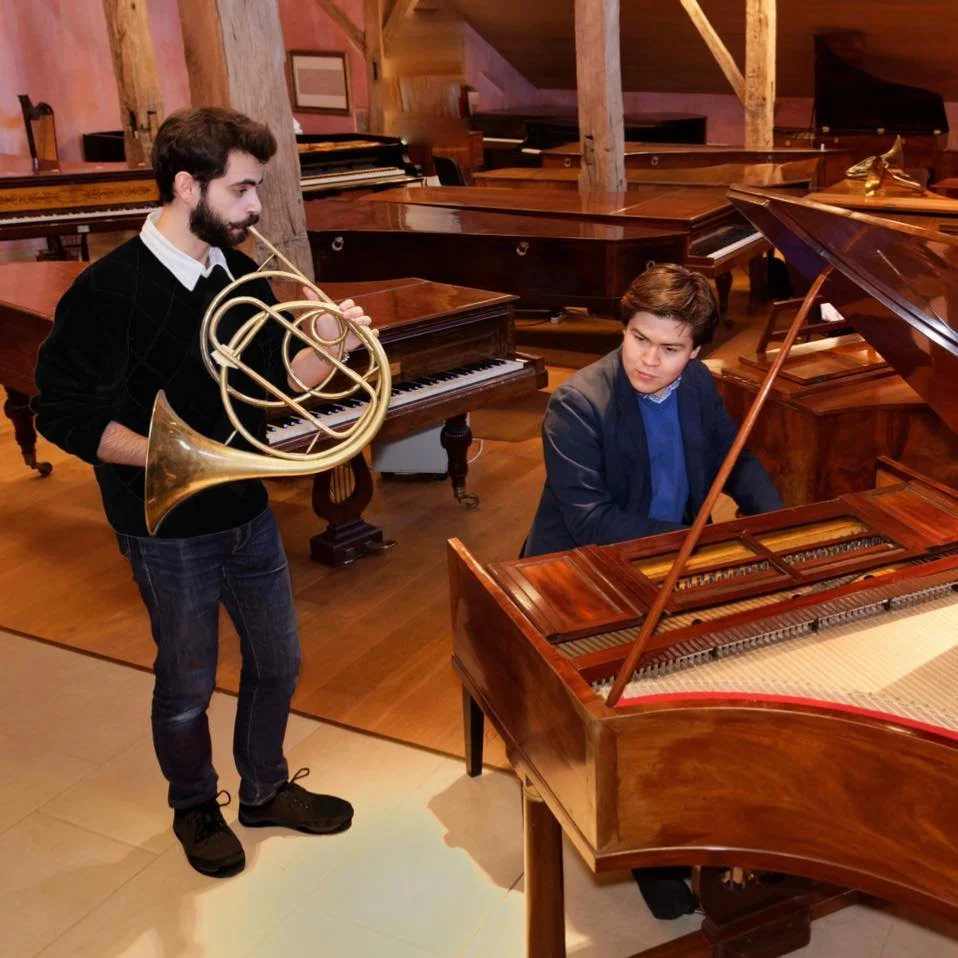
Anders Muskens & Nicolas Roudier at the Utrecht Early Music Festival
Anders Muskens & Nicolas Roudier
Under Napoleon, Parisian salons flourished with a refined chamber music culture, starring the innovative valve horn. With Louis-Emmanuel Jadin’s playful Fantasie, Louis-Ferdinand Hérold’s virtuosic Duo, and Charles Gounod’s lyrical Mélodies, fortepianist Anders Muskens and hornist Nicolas Roudier spotlight a forgotten chapter in French musical history – a glorious rediscovery at the crossroads of heritage, tradition, and living performance.
Nicolas Roudier horn
Anders Muskens fortepiano
Programme
Louis-Emmanuel Jadin (1768-1853)
Fantasia for horn en pianoforte, no. 1
Ferdinand Hérold (1791-1833)
Duo for horn en pianoforte in E-flat major
Charles-François Gounod (1818-1893)
Selection from 6 melodies for horn and piano
About the performers
Anders Muskens is a Canadian fortepianist, harpsichordist, and ensemble director specializing in historical performance. He studied in The Hague and is completing a PhD in Musicology at Tübingen. Founder of Das Neue Mannheimer Orchester, he revives forgotten repertoire with authenticity and flair. His interpretations have been hailed as “vital, exciting, and revolutionary” (Early Music America).
French horn player Nicolas Roudier is a leading specialist of the historical horn. After studies in Lausanne, he graduated with a Master’s in Early Music in The Hague under Teunis van der Zwart. With a collection of 25 original horns, he performs with renowned ensembles such as Concentus Musicus Wien and Freiburger Barockorchester. He is also an active soloist, chamber musician, and researcher of forgotten horn repertoire.
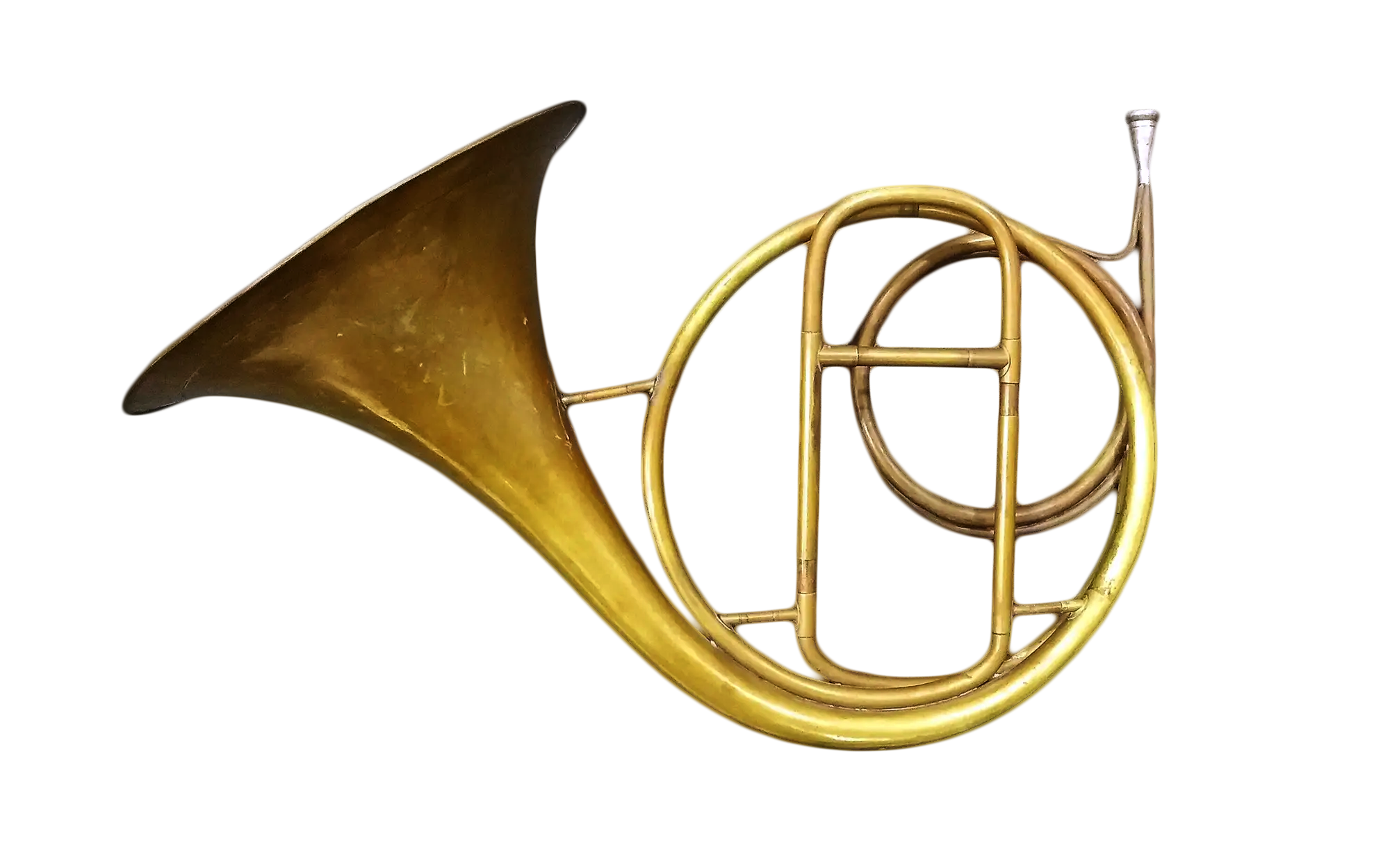
Horn & HammerFlügel in Tübingen
Horn & Fortepiano
Under Napoleon, Parisian salons flourished with a refined chamber music culture, starring the innovative valve horn. With Louis-Emmanuel Jadin’s playful Fantasie, and Louis-Ferdinand Hérold’s virtuosic Duo, fortepianist Anders Muskens and hornist Nicolas Roudier spotlight a forgotten chapter in French musical history – a glorious rediscovery at the crossroads of heritage, tradition, and living performance.
Nicolas Roudier horn
Anders Muskens fortepiano
€20 general admission
€15 seniors over 65
€0 for students and employees of the University of Tübingen
About the performers
Anders Muskens is a Canadian fortepianist, harpsichordist, and ensemble director specializing in historical performance. He studied in The Hague and is completing a PhD in Musicology at Tübingen. Founder of Das Neue Mannheimer Orchester, he revives forgotten repertoire with authenticity and flair. His interpretations have been hailed as “vital, exciting, and revolutionary” (Early Music America).
French horn player Nicolas Roudier is a leading specialist of the historical horn. After studies in Lausanne, he graduated with a Master’s in Early Music in The Hague under Teunis van der Zwart. With a collection of 25 original horns, he performs with renowned ensembles such as Concentus Musicus Wien and Freiburger Barockorchester. He is also an active soloist, chamber musician, and researcher of forgotten horn repertoire.
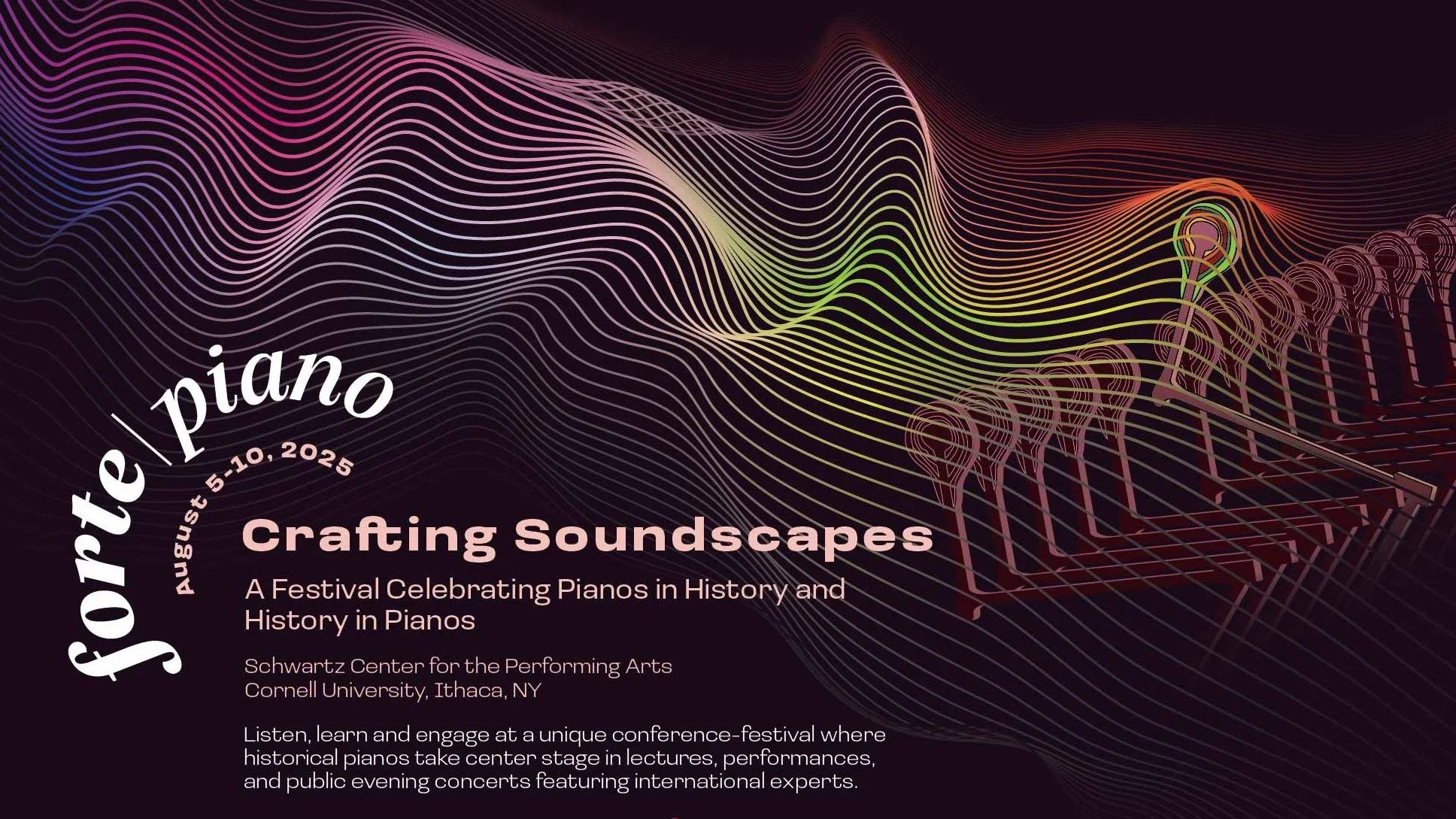
Cornell Forte | Piano 2025
Friday August 8, 2025
12:30-1:30pm | Lecture-recitals
Anders Muskens — A prominent figure within the Mannheim School: Georg Joseph Vogler (1749-1814)
The Cornell Center for Historical Keyboards and the Westfield Center for Historical Keyboard Studies are delighted to announce the conference-festival Forte|Piano 2025: Crafting Soundscapes.
Forte|Piano 2025 will provide a gathering spot where those interested in historical pianos can celebrate past accomplishments, experience the current vitality of the field, and cultivate spaces for new ideas to blossom.
We invite you to enjoy a varied and stimulating program of performances, lecture-recitals, academic papers, roundtable discussions, and free evening concerts that are open to the public. All events draw on the CCHK’s renowned collection of historical instruments and will take place at the Schwartz Center for the Performing Arts, nestled above one of Ithaca’s idyllic gorges.
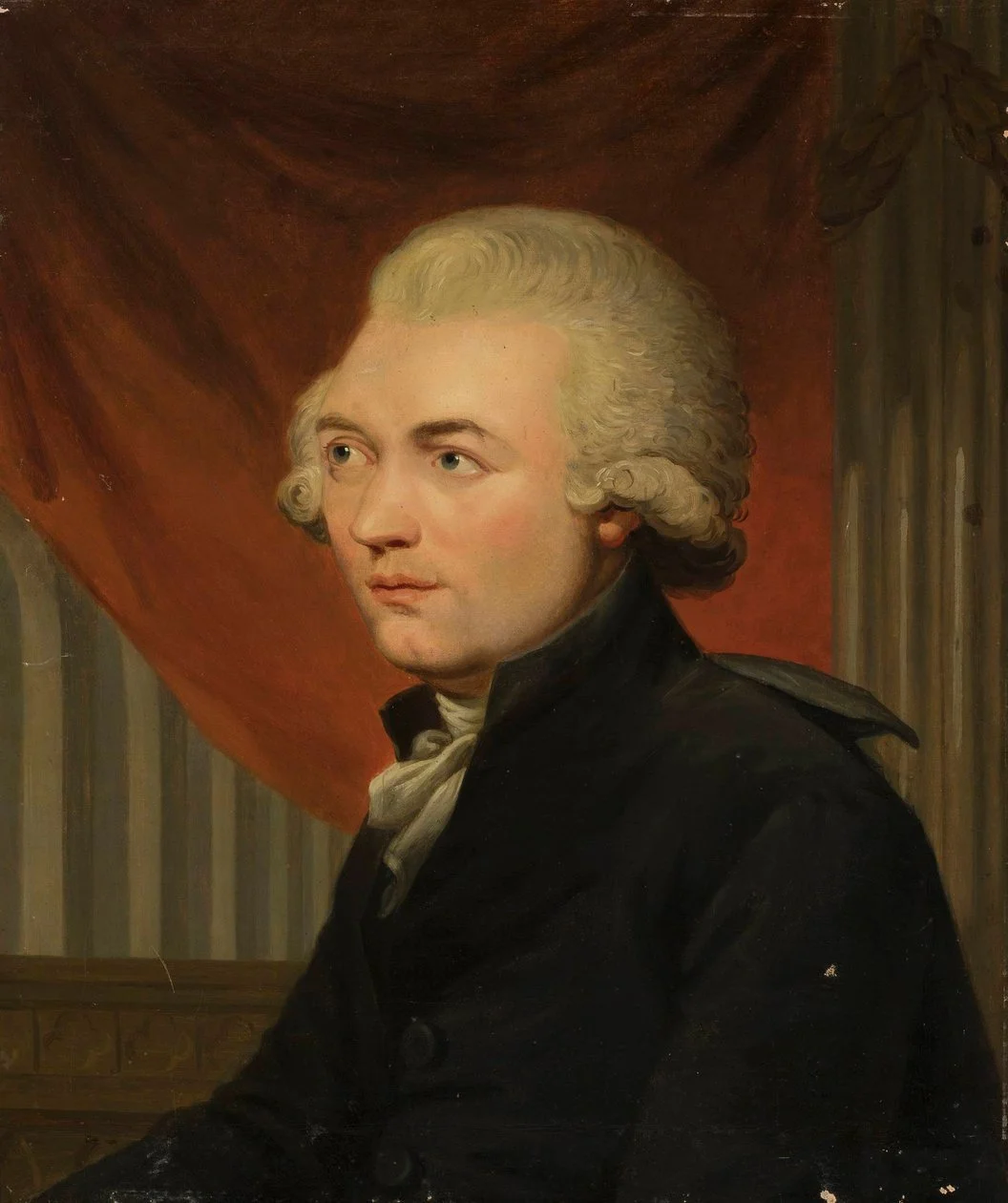
Lecture Recital: Travel Souvenirs for the Keyboard: Vogler’s Transcultural Soundscapes
Travel Souvenirs for the Keyboard: Vogler’s Transcultural Soundscapes
(English)
This lecture-recital explores the boundary-blurring keyboard works of Georg Joseph Vogler (1749–1814), highlighting how his Pièces de clavecin (1798) and related collections reflect a transnational and transcultural musical vision. Vogler’s “travel souvenirs” incorporate melodies he collected in his travels from Africa, China, and across Europe, drawing on his Polymelosproject—an early attempt to engage with non-European musical traditions. While his work reveals a remarkable openness and curiosity, it is equally shaped by the exoticism and distortions of the colonial-era European gaze. Vogler’s adaptations often reflect a stylized or imagined version of the ‘Other,’ underscoring the asymmetries of power embedded in eighteenth-century cultural exchange. This paper coincides with Anders Muskens’ artistic exploration and first-ever recording of these works. Through performance and critical analysis, it reconsiders Vogler’s place within Enlightenment-era musical cosmopolitanism—acknowledging the problematic frameworks he operated within, while celebrating his rare and forward-looking effort to cross musical borders.
Free admission – Donations welcome
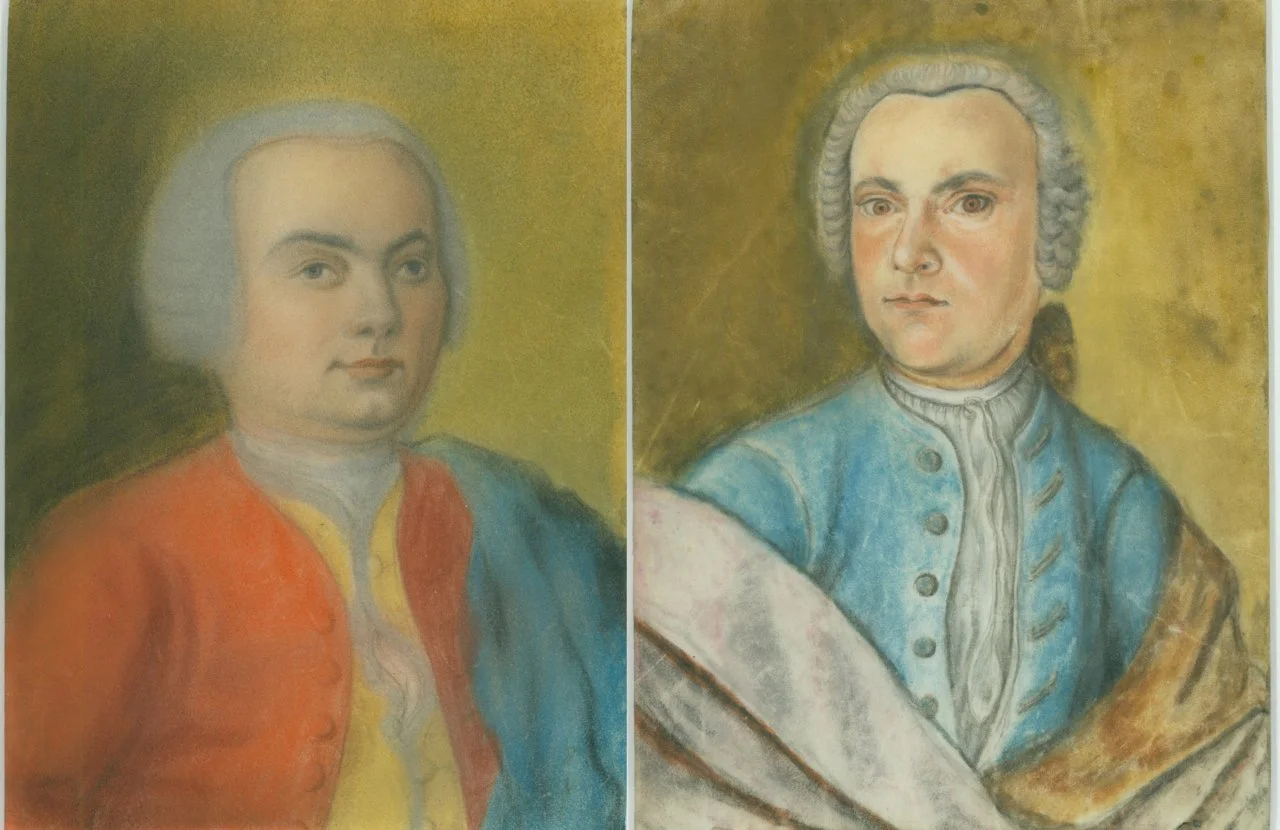
Happy Birthplace!
HAPPY BIRTHPLACE!
The Weimar ‘piano pioneers’:
Wilhelm Friedemann and Carl Philipp Emmanuel Bach
We owe the benefit concerts ‘ENGEL FÜR BACH’ (ANGELS FOR BACH) during the festival to our artists, who are performing without remuneration. In doing so, they are making a strong and unmistakable statement: We play with heart and soul for the development of the Bach world in Weimar, the only authentic place where Bach lived!
Our heartfelt thanks go to all those involved!
PROGRAM
Carl Philipp Emanuel Bach (1714-1788)
Sonata in A major, Wq 55/4; 4th sonata from the 1st collection ‘for connoisseurs and lovers’ (Leipzig 1779)
Carl Philipp Emanuel Bach (1714 - 1788)
Rondo in C minor, Wq 59/5; from the 5th collection ‘for connoisseurs and lovers’ 1785
Wilhelm Friedemann Bach (1710 – 1784)
Polonaises Falck 12 (partly presumed to be from around 1765)
Carl Philipp Emanuel Bach (1714–1787)
Sonata in E minor, Wq. 59/1 (1784)
Presto – Adagio – Andantino
Wilhelm Friedemann Bach (1710–1784)
Fantasia in E minor, F.21 (undated)
Wolfgang Amadeus Mozart (1756–1791)
Sonata in D major for two pianos, K. 448 (1781)
NOTES ON THE PROGRAMME
Yes, this is exactly where the cradles of Bach's two most famous sons stood: Wilhelm Friedemann, born on 22 November 1710, and Carl Philipp Emanuel, born on 8 March 1714. Both were highly gifted – and yet completely different in character. C.P.E. Bach is certainly the most famous person ever born in Weimar!
The first-born son, Wilhelm Friedemann, affectionately called ‘Friede’ by his father, remained throughout his life a controversial character, described as having ‘strange behaviour’. Was this stubbornness – or a free spirit determined to break the shackles of absolutism? Many uncompromising, even brusque and incomprehensible life decisions ultimately led him, despite the highest recognition of his art, to perpetual financial hardship. Wilhelm Friedemann died in poverty at the age of 74. ‘Germany has lost its first organist and the musical world has lost a man whose loss is irreplaceable,’ noted his obituary.
His music, however, still commands attention today: masterful in his father's traditional style, skilled in the new ‘gallant’ style of the awakening bourgeoisie, and imbued with his passionate, individual, improvisational style of writing; whether in his emotionally powerful solo harpsichord fantasies, as a pioneer of the ‘keyboard concerto’ genre, in festive cantatas or – far ahead of his time – in his romantic, dreamy polonaises, this underrated composer consistently proved himself to be a true son of the ‘immortal Sebastian’.
This is in stark contrast to the life of his younger brother Carl Philipp Emanuel, who – although he called himself a Melancolicus – lived on the sunny side of life. At an early age, he established himself as a protagonist of the emerging bourgeois music culture and thus became (according to Martin Geck) ‘perhaps the first musician (...) to play a significant role in artistic, literary and theological circles.’
As a composer, he found his own style, which was clearly distinct from both his father's Baroque musical language and the modern Italian taste in which his half-brother Johann Christian excelled in London. His standards were high: he wanted to make keyboard music the paradigm of an instrumental language, which would reveal itself to listeners in every detail as a purely instrumental language of the soul without words. To achieve this, he demanded a great deal from his performers: complicated rhythms, contrasts, virtuosity, spontaneous, bizarre twists and turns, and eccentric gestures were among his trademarks. An enormously complex musical language – whose meaning, however, becomes clear when one realises that Carl Philipp is experimenting with not only expressing thoughts and feelings, but also translating them into sound ‘simultaneously’!
Carl Philipp Emanuel died after an equally successful and multifaceted career as a harpsichordist at the court of Frederick the Great, one of the most famous keyboard players in Europe, as a composer of over 1,000 separate works and successor to his godfather Georg Philipp Telemann as municipal music director, as well as a successful publisher and concert organiser, on 14 December 1788 in Hamburg.
The story of these two brilliant and very different Bach brothers is one of many that will be told in the future BachWorld Weimar. Until then, Bach in Weimar is lovingly and patiently endeavouring to remedy the lack of presentation of this magnificent musical facet of Weimar as best it can...!
ARTIST BIOGRAPHIES
Anders Muskens (born 1993) is a Canadian fortepiano player, harpsichordist and ensemble director specialising in historical keyboard instruments and musicology. He performs throughout Europe and North America and is known for his interpretations of 18th and early 19th century music. He studied fortepiano at the Royal Conservatory in The Hague with Bart van Oort and Petra Somlai and is currently pursuing a doctorate in musicology at the Eberhard Karls University of Tübingen. His research focuses on rhetorical acting and early modern theatre practices in music performance. Muskens is the founder and director of Das Neue Mannheimer Orchester, which is dedicated to reviving the music of the Mannheim court orchestra. The ensemble has performed at major festivals such as the Schwetzinger SWR Festspiele and has recorded for Etcetera Records and Naxos. His solo and ensemble projects include ‘Army of Generals’ and ‘Beethoven's Forgotten Piano Concerto’ (2024). He has performed at the Concertgebouw Amsterdam, the Utrecht Early Music Festival and the Salle Bourgie. His Beethoven interpretations have been described as ‘not only vital and exciting, but also new and revolutionary’ (Early Music America), while his Walldorf recital ‘ignited a veritable firework display of sounds’ (Stadt Walldorf Review). His discography includes ‘Beethoven: Waldstein & Appassionata Sonatas’ (2023), "Vogler: Travel Souvenirs for Keyboard‘ (2025) and ’Louise Farrenc: Complete Works for Violin and Fortepiano" (2023). He won first prize at the Early Music Young Ensemble Competition (London, 2018) and the Sir James Lougheed Award of Distinction (2024). He is represented by the Sonus Artist Agency.
Wolfgang Brunner has been a regular guest performer at all major European festivals since his international competition successes for harpsichord and hammered dulcimer. From 1985 to 2024, he taught at the Mozarteum University in Salzburg, among other institutions. He has published works in the field of historical dance research (including MGG articles) and on historical and pedagogical improvisation practice. He has also released around 70 CDs with his baroque ensemble ‘Salzburger Hofmusik’ and as a soloist, including many first recordings ranging from early baroque to Carl Orff, which have won numerous awards.
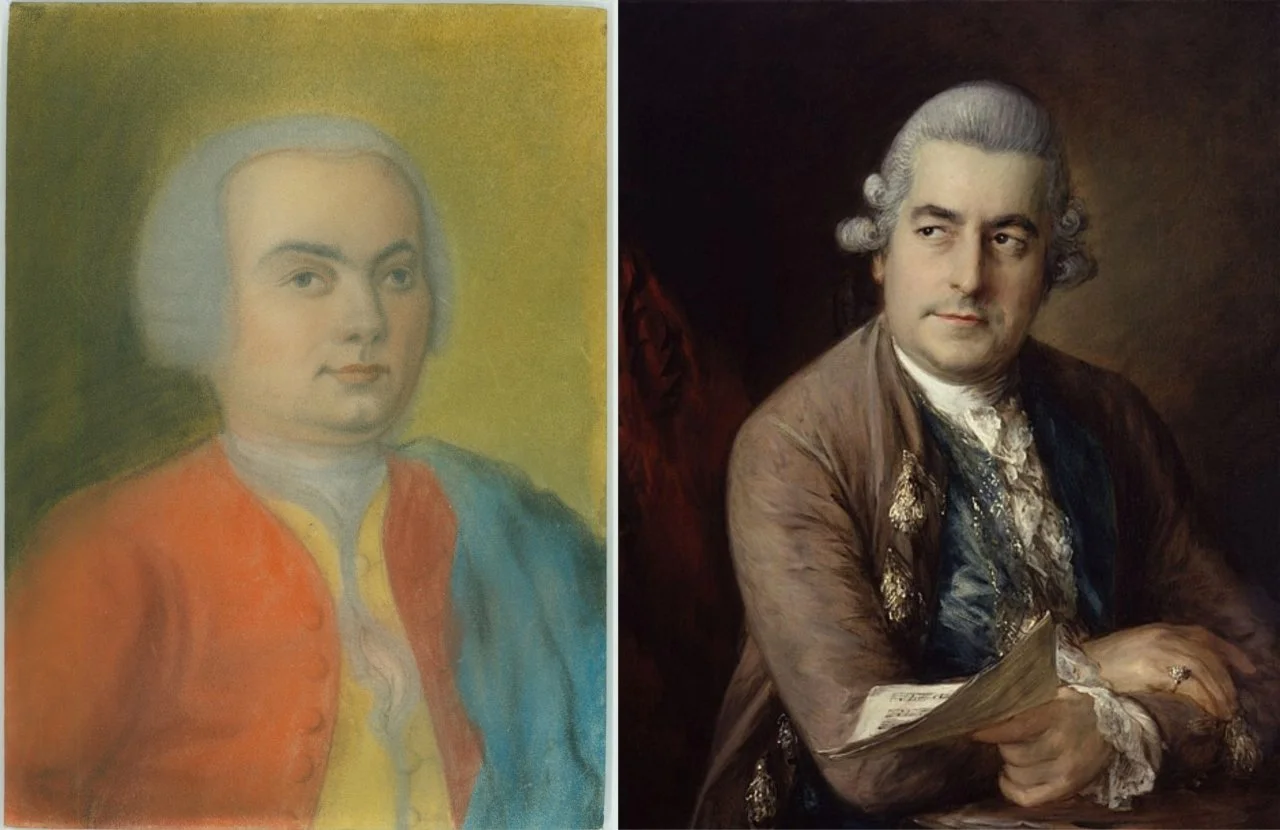
„BACH-FAMILIENBANDE“: Werke von Carl Phillip Emanuel & Johann Christian Bach
‘BACH FAMILY TIES’
Works by Carl Phillip Emanuel & Johann Christian Bach
We owe the charity concerts ‘ENGEL FÜR BACH’ (ANGELS FOR BACH) as part of the festival to our artists, who are performing without remuneration. In doing so, they are making a strong and unmistakable statement: we play with heart and soul for the development of the Bach world in Weimar, the only authentic place where Bach lived!
Our heartfelt thanks go to all those involved!
PROGRAM
Carl Philipp Emanuel Bach (1714-1788)
Sonata in A minor Wq 49/1 (1742)
Carl Philipp Emanuel Bach (1714 -1788)
12 Variations on the Folie d'Espagne (1778); Wq 118/9 (H.263)
Johann Christian Bach (1735-1782)
Sonata No. 3 in G major, Op. 5 No. 3
Allegro – Allegretto (Theme & 4 Variations)
Johann Christian Bach (1735-1782)
Sonata No. 6 in C minor, Op. 5 No. 6
Grave – Allegro moderato (Fugue) – Allegretto
DUO:
Johann Christian Bach (1735–1782)
Sonata for Two Harpsichords or Piano Forte in G major, Op. 15/5 (1779?)
Allegro - Tempo di Minuetto
EXPLANATIONS OF THE PROGRAMME
Although born 21 years apart, there were close family ties and musical connections between the second-born ‘Weimar’ Bach son and the last-born Bach son Johann Christian, also known as the ‘London Bach’. Johann Christian, who was considered his father's favourite and was trained in music by him during his lifetime, went to Berlin after his father's death to continue his musical education with his half-brother Carl Philipp Emanuel.
Both sons had their finger on the pulse of the times, witnessed fascinating developments in the late Baroque period and the transition to the Viennese Classical period, and were among the composers who shaped these two musical styles.
As the leading representative of the so-called ‘Empfindsamer Stil’ (sensitive style), Carl Philipp Emanuel reformed the musical language of his time. ‘You should play from the soul, not like a trained bird...’ With this demand for maximum emotion and individual freedom, he struck a chord with the awakening bourgeoisie: anyone who spoke of the ‘great Bach’ at that time naturally meant Carl Philipp, not Johann Sebastian!
Educational trips through Europe, which had been denied to their father, opened up enormous horizons for the Bach sons: Johann Christian, also known as the ‘London Bach’, became virtually the successor to George Frideric Handel as a composer of Italian operas in London after spending time in Berlin and the Italian cities of Milan and Bologna. In 1764 and 1765, Johann Christian met the then 8-year-old Mozart and his father. Wolfgang Amadeus and Johann Christian played music together for the first time, and the Bach son's style was already taken up by the child Mozart and can be found in his first London symphonies, but also in Mozart's later works.
In any case, they were both highly successful: ‘No one has ever had as much suppleness of mind, as much accommodation to the genius of the age as this Bach (...) Amidst the frivolity of fashionable taste, the giant spirit of his father always shines through...’ Schubart raves about Johann Christian Bach in his ‘Ideas on the Aesthetics of Music’ in 1806.
While none other than Mozart himself succinctly expressed the highest possible praise for Carl Philipp Emanuel: ‘He is the father, we are the sons. Whatever any of us can do right, we have learned from him.’
ARTIST BIOGRAPHIES
Anders Muskens
Anders Muskens (born 1993) is a Canadian fortepiano player, harpsichordist and ensemble director specialising in historical keyboard instruments and musicology. He performs throughout Europe and North America and is known for his interpretations of music from the 18th and early 19th centuries. He studied fortepiano at the Royal Conservatory in The Hague with Bart van Oort and Petra Somlai and is currently pursuing a doctorate in musicology at the Eberhard Karls University of Tübingen. His research focuses on rhetorical acting and early modern theatre practices in music performance. Muskens is the founder and director of Das Neue Mannheimer Orchester, which is dedicated to reviving the music of the Mannheim court orchestra. The ensemble has performed at major festivals such as the Schwetzingen SWR Festival and has recorded for Etcetera Records and Naxos. His solo and ensemble projects include ‘Army of Generals’ and ‘Beethoven's Forgotten Piano Concerto’ (2024). He has performed at the Concertgebouw Amsterdam, the Utrecht Early Music Festival and Salle Bourgie. His Beethoven interpretations have been described as ‘not only vital and exciting, but also new and revolutionary’ (Early Music America).
His discography includes ‘Beethoven: Waldstein & Appassionata Sonatas’ (2023), "Vogler: Travel Souvenirs for Keyboard (2025) and Louise Farrenc: Complete Works for Violin and Fortepiano (2023). He won first prize at the Early Music Young Ensemble Competition (London, 2018) and the Sir James Lougheed Award of Distinction (2024). He is represented by the Sonus Artist Agency.
Wolfgang Brunnerhas been a regular guest performer at all major European festivals since his international competition successes for harpsichord and hammered dulcimer. From 1985 to 2024, he taught at the Mozarteum University in Salzburg, among other places. He has published works in the field of historical dance research (including MGG articles) and on historical and pedagogical improvisation practice. He has also released around 70 CDs with his baroque ensemble ‘Salzburger Hofmusik’ and as a soloist, including many first recordings ranging from early baroque to Carl Orff, which have won numerous awards.


2025 Musicking Conference: “A Catalyst for Creation”
Canadian fortepianist and harpsichordist Anders Muskens will appear at the 2025 Musicking Conference hosted by the University of Oregon School of Music and Dance, part of the Oregon Bach Festival, taking place May 6–9. This year’s theme, “Resonant Alliances: Sound as Collaboration,” explores the creative and cultural power of musical partnership.
Muskens will join baroque violinist Andrew Wong for a featured lecture-concert titled:
"A Catalyst for Creation: Assaggi for Solo Violin"
This performance centers on the Assaggi—a series of exploratory solo violin works by Johan Helmich Roman (1694–1758), known for their expressive range and progressive style. The duo will use these works as a foundation to collaboratively compose and perform live keyboard realizations, blending historical insight with experimental interpretation.
Their approach highlights the improvisatory and dialogic spirit of 18th-century performance practice, pushing the emotional contrasts of Empfindsamkeit through the interplay of baroque violin and period keyboard instruments (harpsichord and fortepiano).
The concert is free and open to the public, offering a rare chance to witness the revival of forgotten repertoire through historically informed yet boldly creative means.
For more information on the Musicking Conference, visit:
https://blogs.uoregon.edu/musicking

Trio-Konzert
Andrew Wong (Violine), Anne-Linde Visser (Violoncello) und Anders Muskens (Hammerklavier)
In diesem Konzert werden Klaviertrios aus Woelfls Pariser Zeit zu hören sein.
Joseph Woelfl (1773-1812) war ein österreichischer Pianist und Komponist, der für seine Virtuosität und seine Rivalität mit Beethoven bekannt war. Als Schüler von Leopold Mozart und Michael Haydn komponierte er Sinfonien, Opern und zahlreiche Klavierwerke, wobei er einen Stil pflegte, der klassische Klarheit mit frühromantischer Ausdruckskraft vereinte. Trotz seines Talents stand seine Musik im Schatten von Zeitgenossen wie Beethoven, und er verbrachte einen Großteil seiner Karriere in Wien, Paris und London.

J.C. Bach Klavierkonzert: Frühe Sonaten für das Fortepiano Op. 5 (Early Works for the Fortepiano)
Erleben Sie mit uns einen fesselnden Abend voller Eleganz und Charme, wenn der Tastenvirtuose Anders Muskens Johann Christian Bachs exquisite Sonaten op. 5 zu neuem Leben erweckt. Diese bemerkenswerten Werke, die 1766 komponiert und in London veröffentlicht wurden, nehmen in der Musikgeschichte einen besonderen Platz ein, da es sich um die ersten in London gedruckten Sonaten handelt, die wahlweise auf Klavier oder Cembalo aufgeführt werden können. Die Sonaten Op. 5 spiegeln Bachs einflussreiche Rolle als führender Komponist in der lebendigen Musikszene Englands im 18. Jahrhundert wider und verkörpern den raffinierten Stil und den innovativen Geist, die ihm den liebevollen Titel „der Londoner Bach“ einbrachten. Diese Sonaten, die lyrische Melodien, anmutige Verzierungen und funkelnde Virtuosität vereinen, veranschaulichen auf wunderbare Weise den stilistischen Wandel von der barocken Komplexität zur klassischen Klarheit und ebnen den Weg für spätere Komponisten, darunter Mozart, der Bachs Werk sehr bewunderte.
Anders Muskens wird diese strahlenden Meisterwerke auf einem historischen Schatz präsentieren – einem wunderschön erhaltenen Tafelklavier aus dem Jahr 1788, das von den renommierten Londoner Herstellern Longman & Broderip gefertigt wurde – und bietet den Zuhörern die seltene Gelegenheit, Bachs Musik so zu erleben, wie sie ursprünglich erklang, mit Wärme, Intimität und authentischem klassischem Charme.
In den Jahren 2024-25 wird der in Tübingen lebende historische Tasteninstrumentalist und musikwissenschaftliche Forscher Anders Muskens ein ehrgeiziges Projekt in Angriff nehmen, um das gesamte Solo- und Duo-Klavierwerk von Johann Christian Bach (1735-1782), dem jüngsten Sohn des berühmten Johann Sebastian Bach und einer Schlüsselfigur beim Übergang vom Barock zum klassischen Zeitalter, aufzuführen und aufzunehmen. Dieses Konzert wird als Teil dieses größeren Projekts präsentiert. Johann Christian, der manchmal als „Londoner Bach“ bezeichnet wird, weil er den größten Teil seines Lebens in London verbracht hat, kann als der ungewöhnlichste aller Bach-Söhne bezeichnet werden. Er ging schon früh nach Italien, um sich auf die Oper zu konzentrieren, konvertierte sogar zum Katholizismus und führte später ehrgeizige unternehmerische Projekte in London durch. Er erntete internationalen Beifall
Eintrittspreise
20,- € allgemeiner Eintritt
15,- € Senioren über 65+
0,- € für Studierende und Mitarbeiter der Universität Tübingen
Programm
Johann Christian Bach (1735–1782)
Sechs Klaviersonaten, Op. 5 (1766)
Sonate Nr. 1 in B-Dur, Op. 5 Nr. 1
Allegretto – Tempo di Minuetto
Sonate Nr. 2 in D-Dur, Op. 5 Nr. 2
Allegro di molto – Andante di molto – Minuetto
Sonate Nr. 3 in G-Dur, Op. 5 Nr. 3
Allegro – Allegretto (Thema & 4 Variations)
Sonate Nr. 4 in Es-Dur, Op. 5 Nr. 4
Allegro – Rondeaux: Allegretto
Sonate Nr. 5 in E-Dur, Op. 5 Nr. 5
Allegro assai – Adagio – Prestissimo
Sonate Nr. 6 in c-Moll, Op. 5 Nr. 6
Grave – Allegro moderato (Fuga) – Allegretto
Werke von Johann Christian Bach, dem jüngsten Sohn von J. S. Bach, auch bekannt als der Londoner Bach, gespielt auf historischen Instrumenten.
Hammerklavier: Tafelklavier von Longman & Broderip, 1788 in London gebaut und 2018 von Paul Kobald in Amsterdam restauriert
Aufgeführt von Anders Muskens, Hammerklavier
(English)
Join us for a captivating evening of elegance and charm as keyboard virtuoso Anders Muskens breathes new life into Johann Christian Bach’s exquisite Sonatas Op. 5. Composed in 1766 and published in London, these remarkable works hold a special place in music history as the first sonatas ever printed in London with the option of performance on either piano or harpsichord. Reflecting Bach's influential role as the leading composer in the vibrant musical scene of 18th-century England, the Sonatas Op. 5 embody the refined style and innovative spirit that earned him the affectionate title "the London Bach." Combining lyrical melodies, graceful ornamentation, and sparkling virtuosity, these sonatas beautifully illustrate the stylistic shift from Baroque intricacy toward Classical clarity, paving the way for later composers, including Mozart, who greatly admired Bach's work.
Anders Muskens will present these radiant masterpieces on a historical treasure—a beautifully preserved 1788 square piano crafted by renowned London makers Longman & Broderip—offering listeners a rare opportunity to experience Bach’s music as it originally resonated, with warmth, intimacy, and authentic Classical charm.
Tickets: 20,- € general admission, 15,- € Senior citizens over 65+, 0,- € for students and staff of the University of Tübingen
During 2024-25, Tübingen-based historical keyboardist and musicological researcher Anders Muskens will be embarking on an ambitious project to perform and record the complete solo and duo keyboard works of Johann Christian Bach (1735-1782), the youngest son of the renowned Johann Sebastian Bach and a pivotal figure in the transition from the Baroque to the Classical era: including the emergence of the nascent pianoforte. This concert is presented as part of this larger project. Johann Christian, sometimes called the “London Bach” for having settled there most of his life, may be considered to have the most unusual career out of all of the Bach sons. He departed to Italy early on to focus on opera, even converting to Catholicism, and later led ambitious entrepreneurial ventures in London. He was met with international acclaim during his lifetime across continental Europe and even the Americas. Johann Christian’s music is heartfelt, elegant, and graceful, and his witty charm greatly inspired young Mozart.
This project aims to bring renewed attention to Johann Christian Bach's keyboard repertoire, showcasing both the technical brilliance and expressive depth of these works. Johann Christian was at the forefront of a fascinating period, where the harpsichord and various early pianofortes co-existed. It also explores this sound world, as the music will be recorded with an assembly of diverse, rare original instruments connected to Bach’s London. This will include harpsichords, various designs of square pianos, and an English-style grand piano, which was developed throughout the 1770’s alongside Johann Christian’s concertising activities. Through meticulous research and historically informed performance practices, we seek to capture the authenticity and spirit of the music not only through choice of instrument, but through reanimating the sentimental and vigorous energy of Bach’s creative genius.

J.C. Bach Klavierkonzert: Frühe Sonaten für Cembalo (Early Works for Harpsichord)
Johann Christian Bachs frühe Klavierwerke, die er während seiner Zeit in Berlin (1740er-1750er Jahre) und Mailand (1754-1762) komponierte, spiegeln den Übergang vom kontrapunktischen Stil seines Vaters, Johann Sebastian Bach, zum galanten Idiom wider. In Berlin, unter dem Einfluss von Carl Philipp Emanuel Bach, weisen seine Sonaten und andere Klavierstücke Merkmale des empfindsamen Stils auf, mit ausdrucksstarken Melodien und dynamischen Kontrasten. Seine Mailänder Periode, die von italienischen Operneinflüssen und seiner Zusammenarbeit mit Padre Martini geprägt war, führte zu lyrischeren und eleganter strukturierten Klavierwerken, die eine klare Phrasierung, Alberti-Bassmuster und ausgewogene binäre oder frühe Sonatenformen bevorzugten.
In den Jahren 2024-25 wird der in Tübingen lebende historische Tasteninstrumentalist und musikwissenschaftliche Forscher Anders Muskens ein ehrgeiziges Projekt in Angriff nehmen, um das gesamte Solo- und Duo-Klavierwerk von Johann Christian Bach (1735-1782), dem jüngsten Sohn des berühmten Johann Sebastian Bach und einer Schlüsselfigur beim Übergang vom Barock zum klassischen Zeitalter, aufzuführen und aufzunehmen. Dieses Konzert wird als Teil dieses größeren Projekts präsentiert. Johann Christian, der manchmal als „Londoner Bach“ bezeichnet wird, weil er den größten Teil seines Lebens in London verbracht hat, kann als der ungewöhnlichste aller Bach-Söhne bezeichnet werden. Er ging schon früh nach Italien, um sich auf die Oper zu konzentrieren, konvertierte sogar zum Katholizismus und führte später ehrgeizige unternehmerische Projekte in London durch. Er erntete internationalen Beifall
Program
Johann Christian Bach (1735–1782)
Sonate in a-Moll (1755 oder früher)
Auszüge aus dem „Klavierbüchlein für Johann Christian Bach“ (Leipzig, 1745)
Sonate in As-Dur (Mailand)
Toccata in b-Moll (Mailand)
Sonate in B-Dur (Mailand)
Werke von Johann Christian Bach, dem jüngsten Sohn von J. S. Bach, auch bekannt als der Londoner Bach, gespielt auf historischen Instrumenten.
Cembalo: Jacob Kirckman um 1759 aus der Springer Clavier Sammlung. Restauriert von Claudio und Ugo Casiglia
Aufgeführt von Anders Muskens, Cembalo (Cembalo)
(English)
Johann Christian Bach (1735–1782)
Sonata in a minor (1755 or earlier)
Selections from the “Klavierbüchlein für Johann Christian Bach” (1745)
Sonata in A-flat major (Milan)
Toccata in b-flat minor (Milan)
Sonata in B-flat major (Milan)
Works by Johann Christian Bach, the youngest son of J. S. Bach, also known as the London Bach, performed on historical instruments.
Harpsichord: Jacob Kirckman c. 1759 from the Springer Clavier Collection. Restored by Claudio and Ugo Casiglia
Performed by Anders Muskens, cembalo (harpsichord)
Free entrance for students and staff of the University of Tübingen / Freier Eintritt für Studierende und Mitarbeiter der Universität Tübingen
(English)
Johann Christian Bach's early keyboard works, composed during his time in Berlin (1740s–1750s) and Milan (1754–1762), reflect a transition from the contrapuntal style of his father, Johann Sebastian Bach, to the galant idiom. In Berlin, under the influence of Carl Philipp Emanuel Bach, his sonatas and other keyboard pieces exhibit empfindsamer Stil characteristics, with expressive melodies and dynamic contrasts. His Milan period, shaped by Italian operatic influences and his association with Padre Martini, led to more lyrical and elegantly structured keyboard works, favoring clear phrasing, Alberti bass patterns, and balanced binary or early sonata forms.
During 2024-25, Tübingen-based historical keyboardist and musicological researcher Anders Muskens will be embarking on an ambitious project to perform and record the complete solo and duo keyboard works of Johann Christian Bach (1735-1782), the youngest son of the renowned Johann Sebastian Bach and a pivotal figure in the transition from the Baroque to the Classical era: including the emergence of the nascent pianoforte. This concert is presented as part of this larger project. Johann Christian, sometimes called the “London Bach” for having settled there most of his life, may be considered to have the most unusual career out of all of the Bach sons. He departed to Italy early on to focus on opera, even converting to Catholicism, and later led ambitious entrepreneurial ventures in London. He was met with international acclaim during his lifetime across continental Europe and even the Americas. Johann Christian’s music is heartfelt, elegant, and graceful, and his witty charm greatly inspired young Mozart.
This project aims to bring renewed attention to Johann Christian Bach's keyboard repertoire, showcasing both the technical brilliance and expressive depth of these works. Johann Christian was at the forefront of a fascinating period, where the harpsichord and various early pianofortes co-existed. It also explores this sound world, as the music will be recorded with an assembly of diverse, rare original instruments connected to Bach’s London. This will include harpsichords, various designs of square pianos, and an English-style grand piano, which was developed throughout the 1770’s alongside Johann Christian’s concertising activities. Through meticulous research and historically informed performance practices, we seek to capture the authenticity and spirit of the music not only through choice of instrument, but through reanimating the sentimental and vigorous energy of Bach’s creative genius.
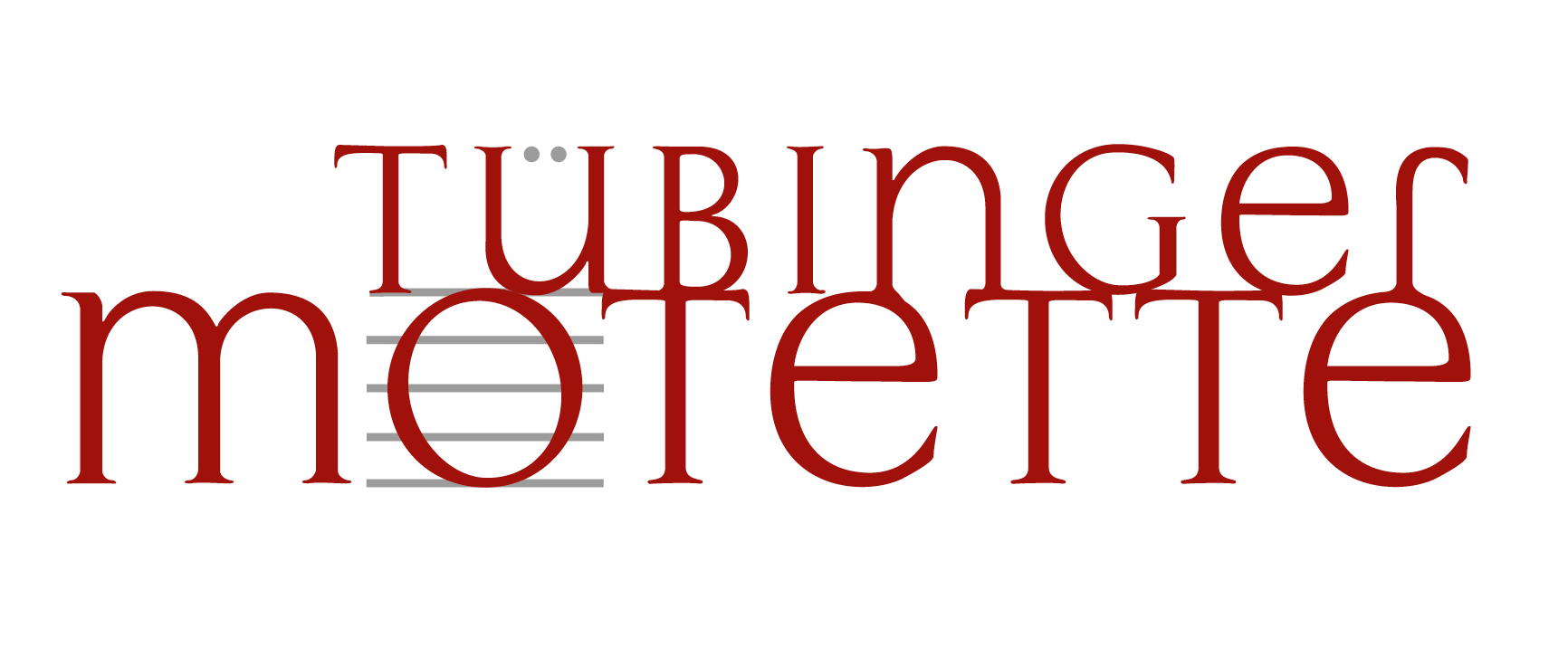
MOTETTE: Bach-Sohn & Beethoven
In der nächsten Motette am 8.2.25 um 20 Uhr in der Stiftskirche wird unter dem Motto "und ewig rauscht das Clavicimbel" Anders Muskens (Fortepiano) Werke der Bach-Söhne Johann Christian Bach, Georg Vogler, sowie von Ludwig van Beethoven musizieren.
In the next motet on 8 February at 8 pm in the Stiftskirche, Anders Muskens (fortepiano) will perform works by Bach's sons Johann Christian Bach, Georg Vogler and Ludwig van Beethoven under the motto ‘und ewig rauscht das Clavicimbel’.
FREIER EINTRITT / FREE ADMISSION
Program
Johann Christian Bach (1735-1782)
Sonata in E flat major Op. 17 No. 3
Allegro assai - Allegro
Georg Joseph Vogler (1749-1814)
Variations sur l’Air Marlborough
Ludwig van Beethoven (1770-1827)
Sonata pathètique op. 13 no. 8
Grave – Allegro di molto e con brio – Adagio cantabile — Rondo. Allegro

J.C. Bach Klavierkonzert: Musik zu vier Händen und für zwei Tasteninstrumente
Program
Johann Christian Bach (1735–1782)
Sonata in G major for 2 keyboards Op. 15
Sonata in C major for 4 hands Op. 15
Sonata in A major for 4 hands Op. 18
Sonata in F major for 4 hands Op. 18
Sonatas by Johann Christian Bach, the youngest son of J. S. Bach, also known as the London Bach, performed on historical instruments.
Fortepiano: John Broadwood & Sons, ca. 1806
Harpsichord: Anonymous, English Harpsichord, ca. 1780
Musicians
Anders Muskens and Dominika Maszczynska: fortepiano & harpsichord
Free entrance for students and staff of the University of Tübingen / Freier Eintritt für Studierende und Mitarbeiter der Universität Tübingen
During 2024-25, Tübingen-based historical keyboardist and musicological researcher Anders Muskens will be embarking on an ambitious project to perform and record the complete solo and duo keyboard works of Johann Christian Bach (1735-1782), the youngest son of the renowned Johann Sebastian Bach and a pivotal figure in the transition from the Baroque to the Classical era: including the emergence of the nascent pianoforte. This concert is presented as part of this larger project. Johann Christian, sometimes called the “London Bach” for having settled there most of his life, may be considered to have the most unusual career out of all of the Bach sons. He departed to Italy early on to focus on opera, even converting to Catholicism, and later led ambitious entrepreneurial ventures in London. He was met with international acclaim during his lifetime across continental Europe and even the Americas. Johann Christian’s music is heartfelt, elegant, and graceful, and his witty charm greatly inspired young Mozart.
Partnering with Polish historical keyboardist Dominika Maszczynska for duets and music for multiple keyboards, the project aims to bring renewed attention to Johann Christian Bach's keyboard repertoire, showcasing both the technical brilliance and expressive depth of these works. Johann Christian was at the forefront of a fascinating period, where the harpsichord and various early pianofortes co-existed. This project will explore this sound world, as the music will be recorded with an assembly of diverse, rare original instruments connected to Bach’s London. This will include harpsichords, various designs of square pianos, and an English-style grand piano, which was developed throughout the 1770’s alongside Johann Christian’s concertising activities. Through meticulous research and historically informed performance practices, we seek to capture the authenticity and spirit of the music not only through choice of instrument, but through reanimating the sentimental and vigorous energy of Bach’s creative genius.
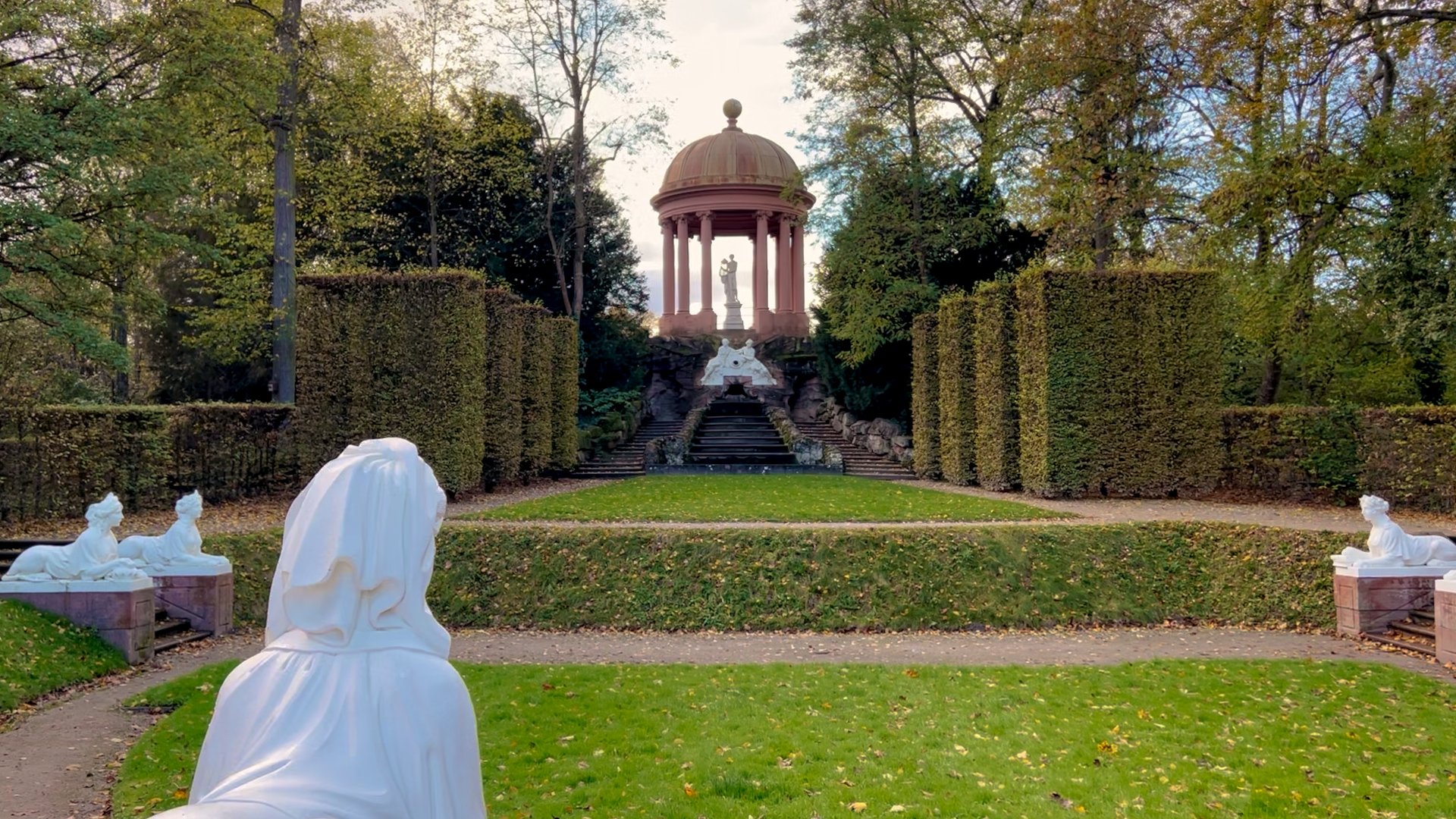

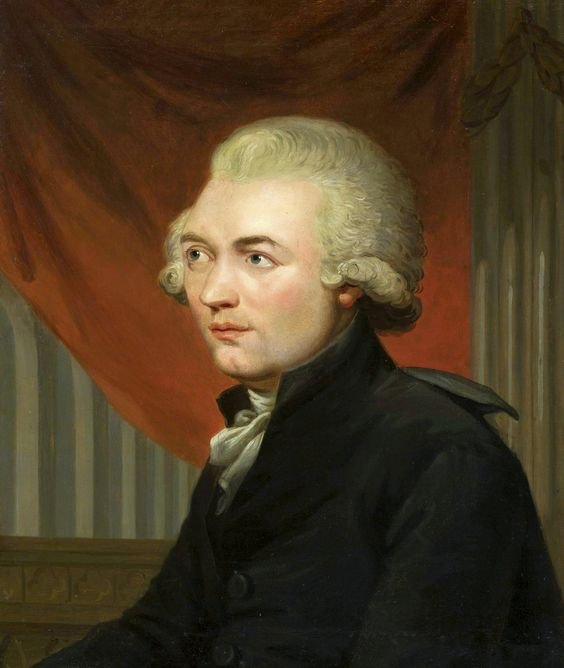
Mozart vs. Vogler: Rivals in Mannheim
Solo concert on fortepiano exploring the “rivalry” between Mozart and Georg Vogler
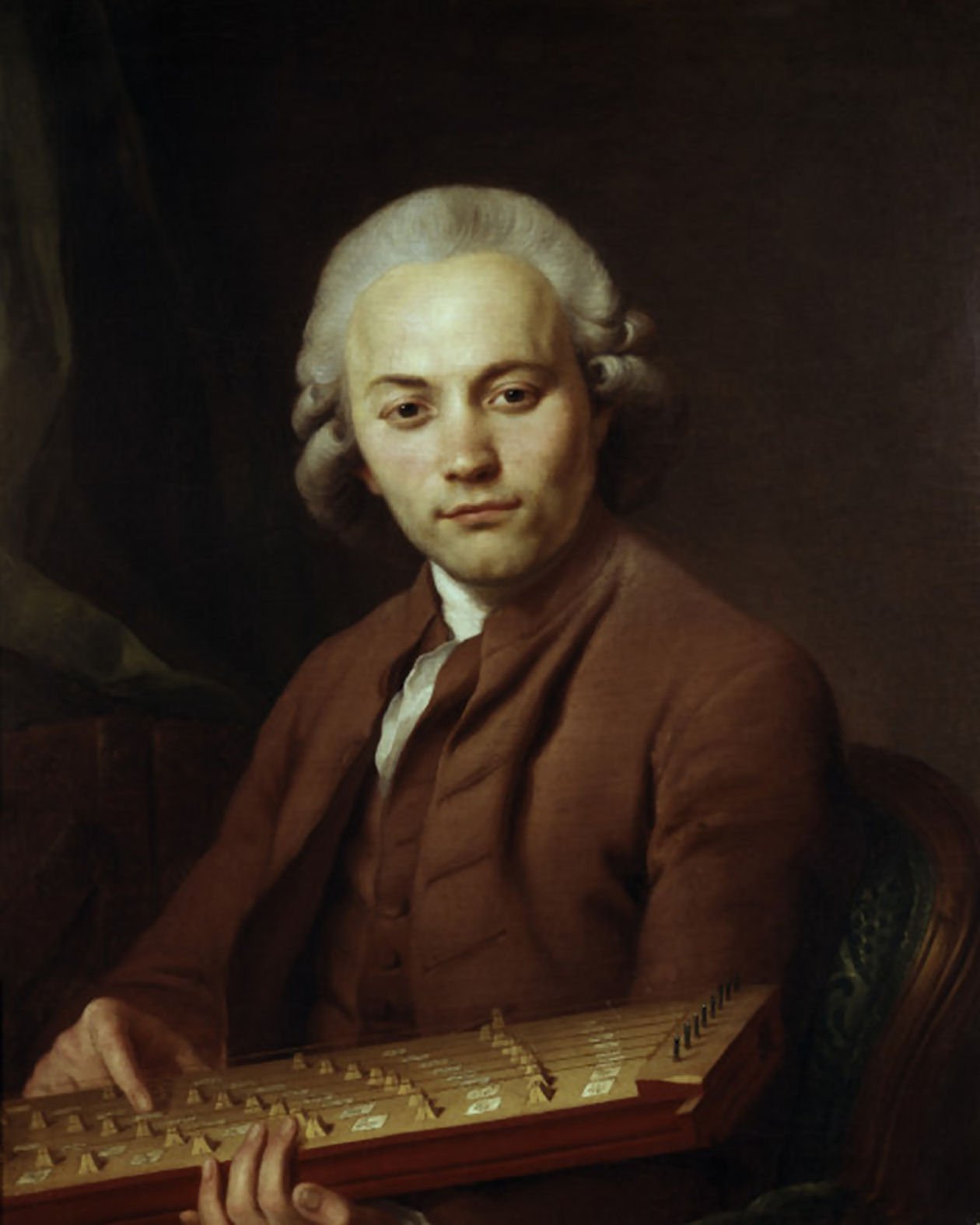
Mozart vs. Vogler – Rivalen in Mannheim
Solo concert on fortepiano exploring the “rivalry” between Mozart and Georg Vogler
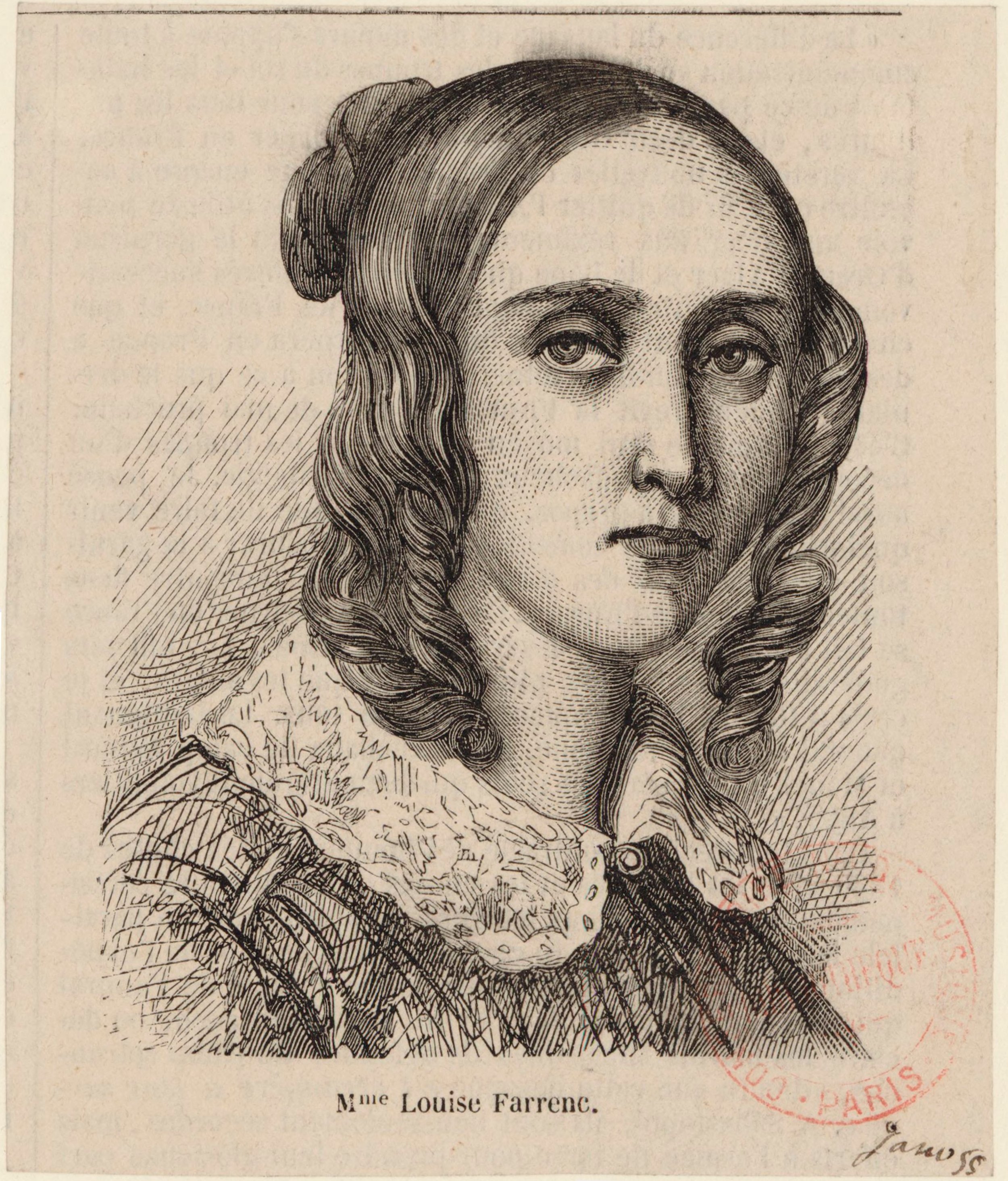
Vioolsonates van Louise Farrenc
Concert in the Netherlands of violin sonatas by Louise Farrenc

Carl Theodor 300th Jubilee Concert on Solo Fortepiano (Mannheim): Volume II
Fortepiano Concert in Mannheim


Inauguration concert and presentation @ Woelfl-Haus Bonn
Concert on a newly restored Broadwood square piano c. 1829 at the Wolfl-Haus in Bonn
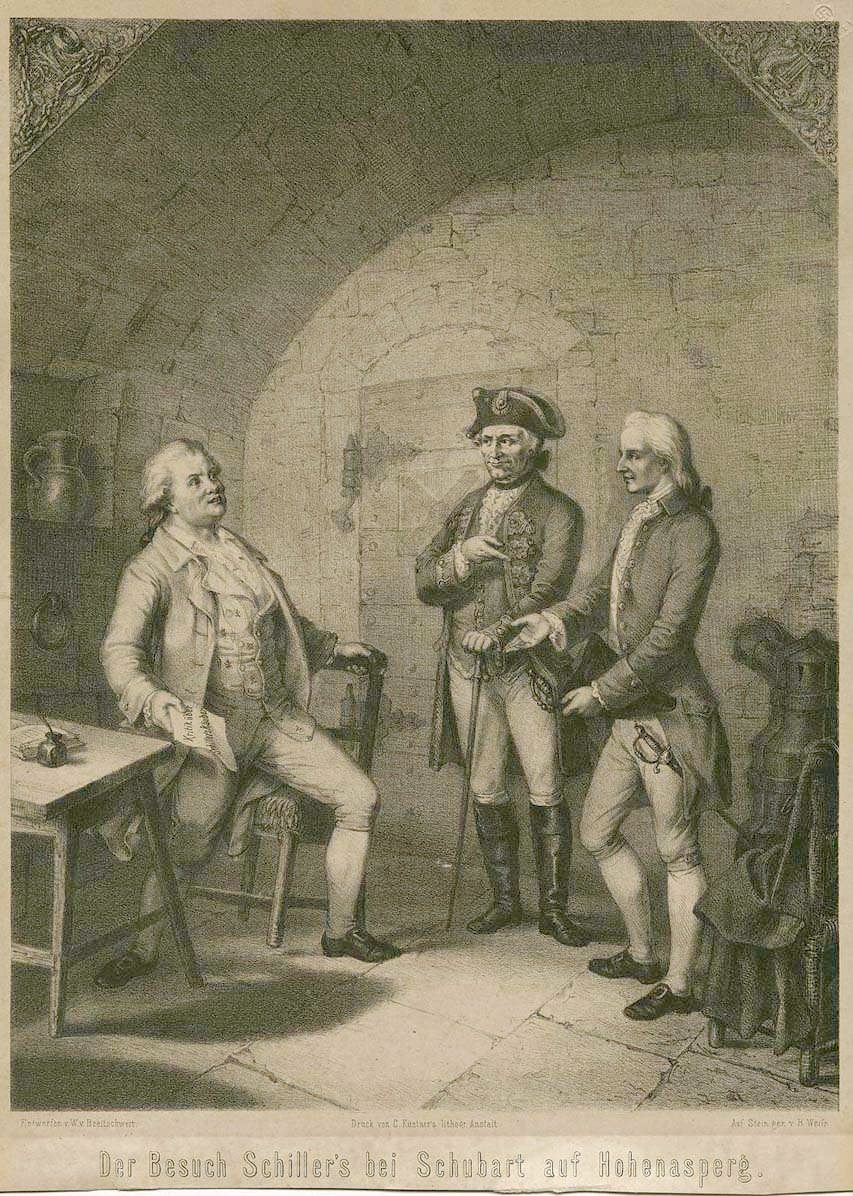
Incarcerated Music: Sonatas by C.F.D. Schubart
Digital concert for the Bloomington Early Music Festival
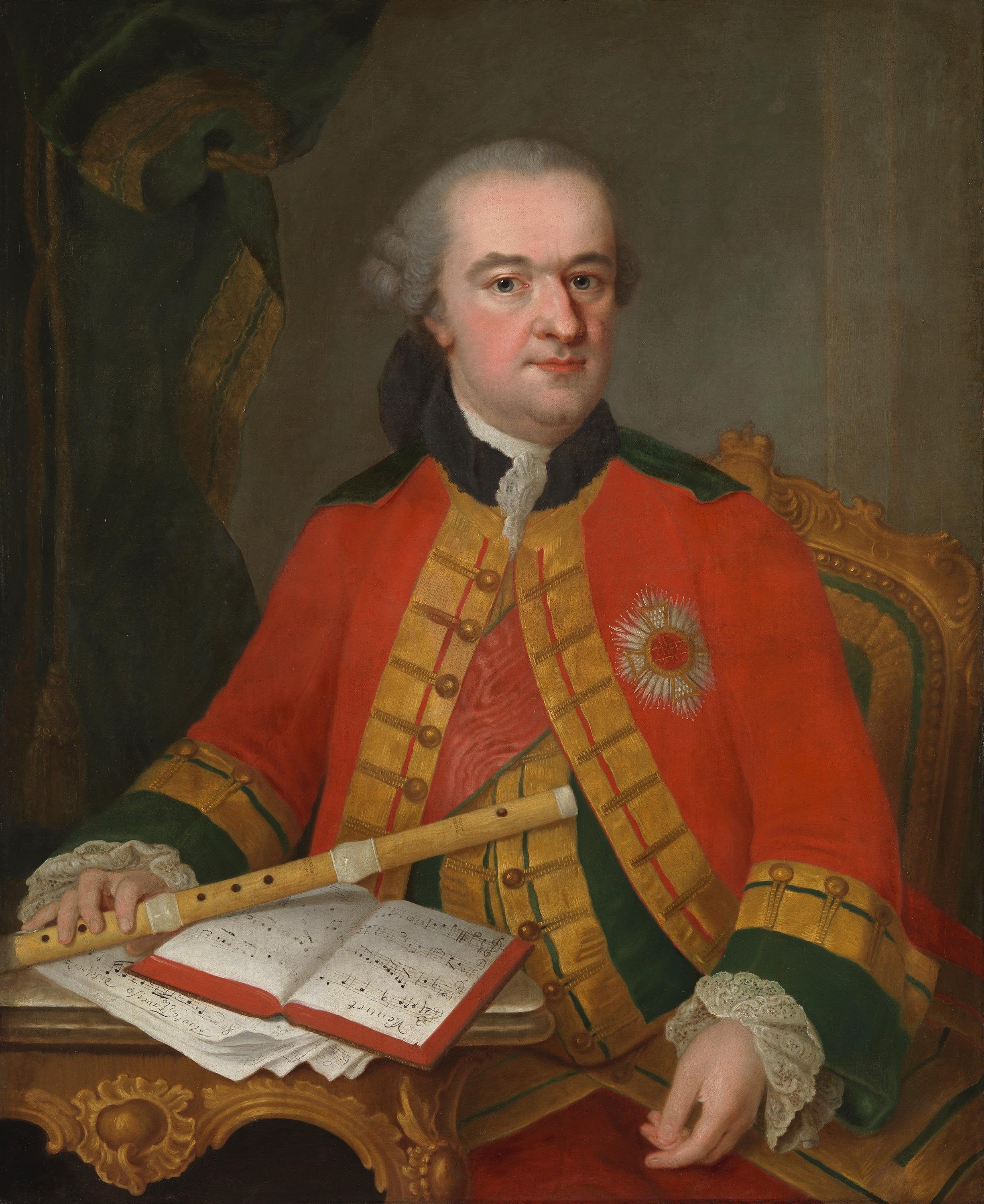
Carl Theodor 300th Jubilee Concert on Solo Fortepiano
Solo concert with music from the Mannheim School by Anders Muskens, played on an original Broadwood fortepiano from 1794

Anders Muskens - The Intimate Fortepiano
Salle bourgie, Montreal (CA)
Solo concert on fortepiano

Beethoven, Woelfl, & Dussek
Pfleghofsaal, Universität Tübingen (DE)
Chamber music concert feat. Anders Muskens and Rachael Beesley

The Philosophy of Authenticity: Informed or Inspired? Historically informed performance, music & theatre c. 1740–1830
Academic Round Table Discussion and Musical Demonstration
Pfleghofsaal, Universität Tübingen (DE)
